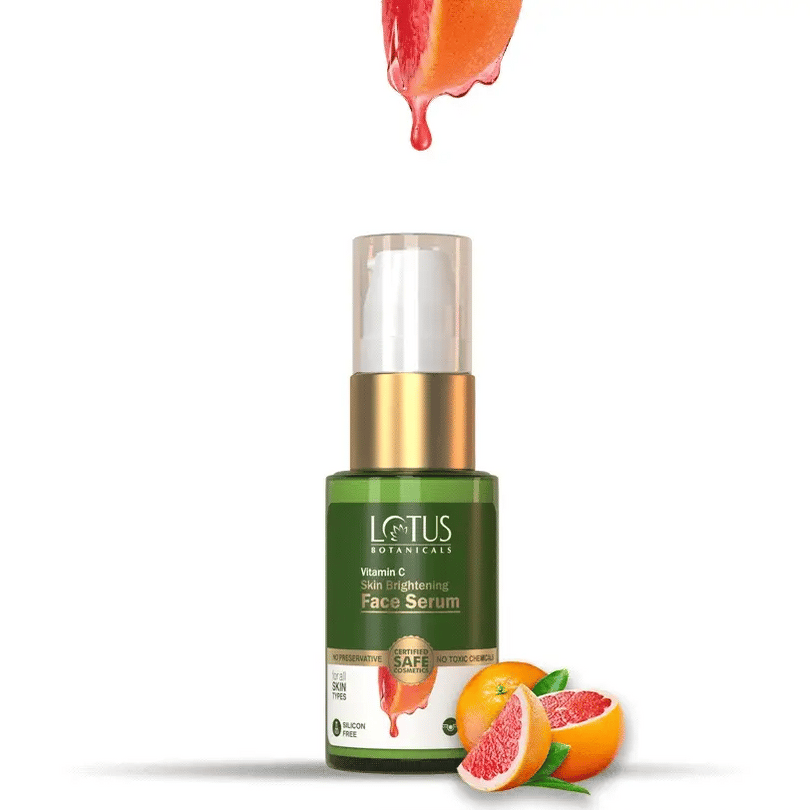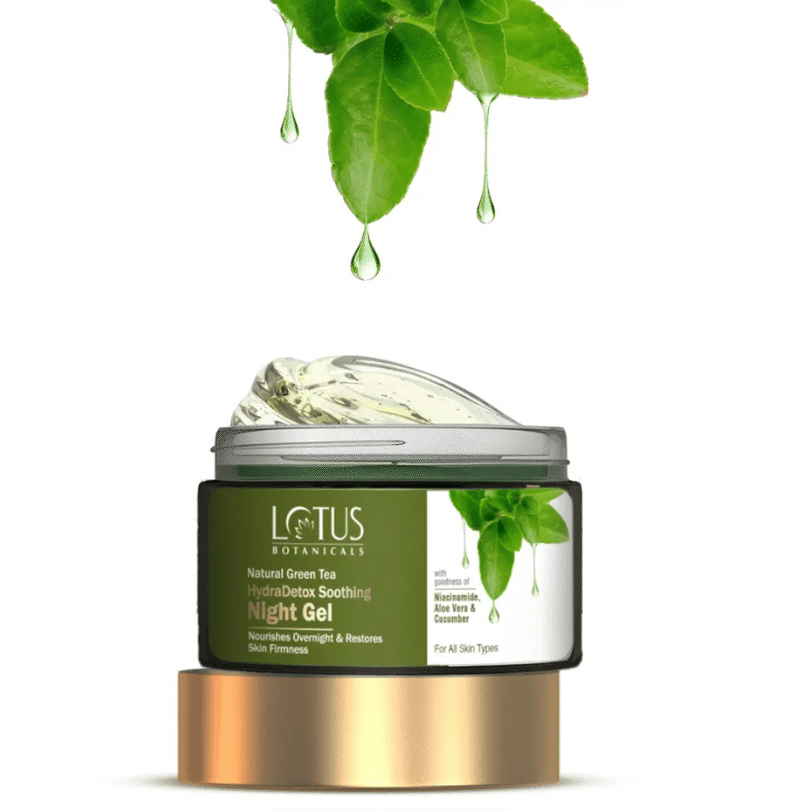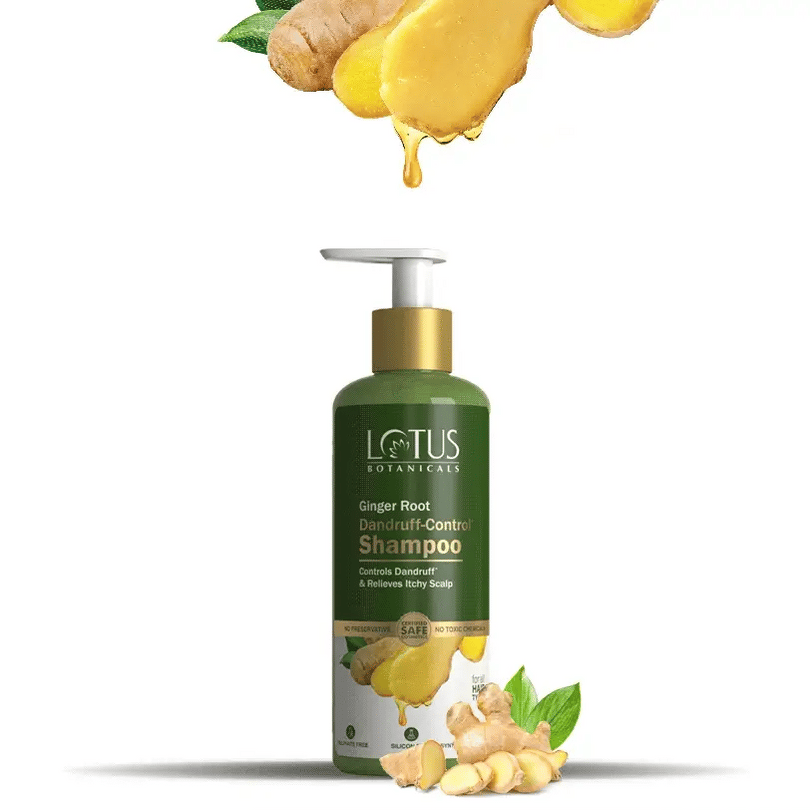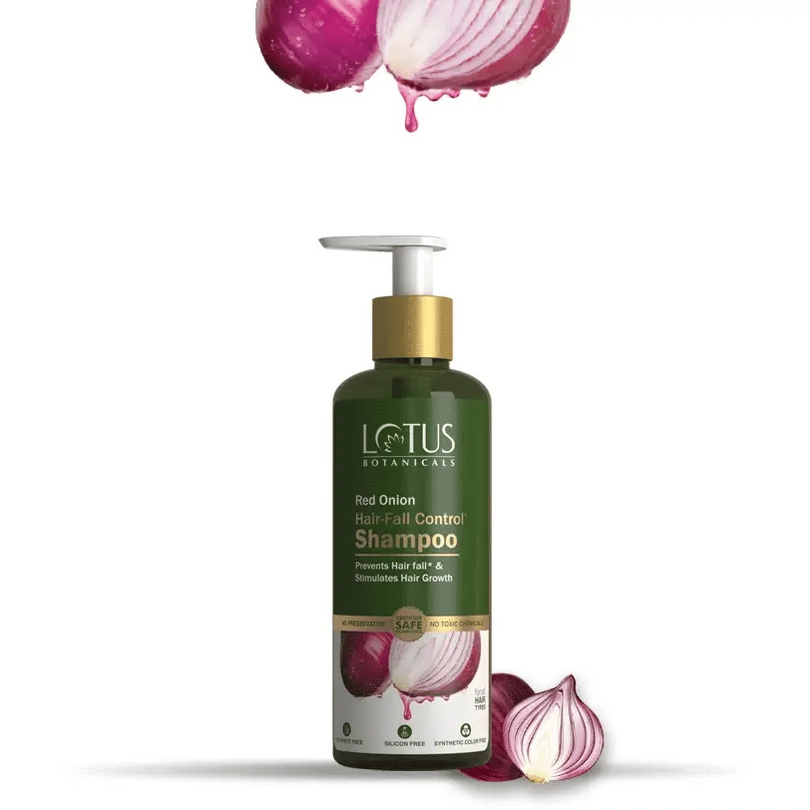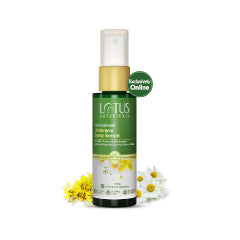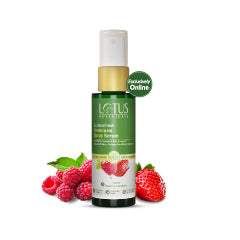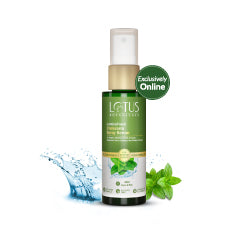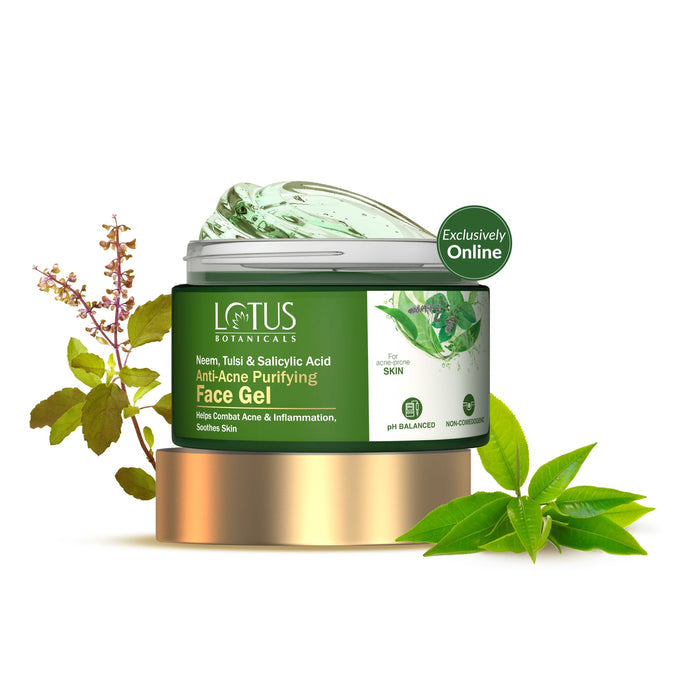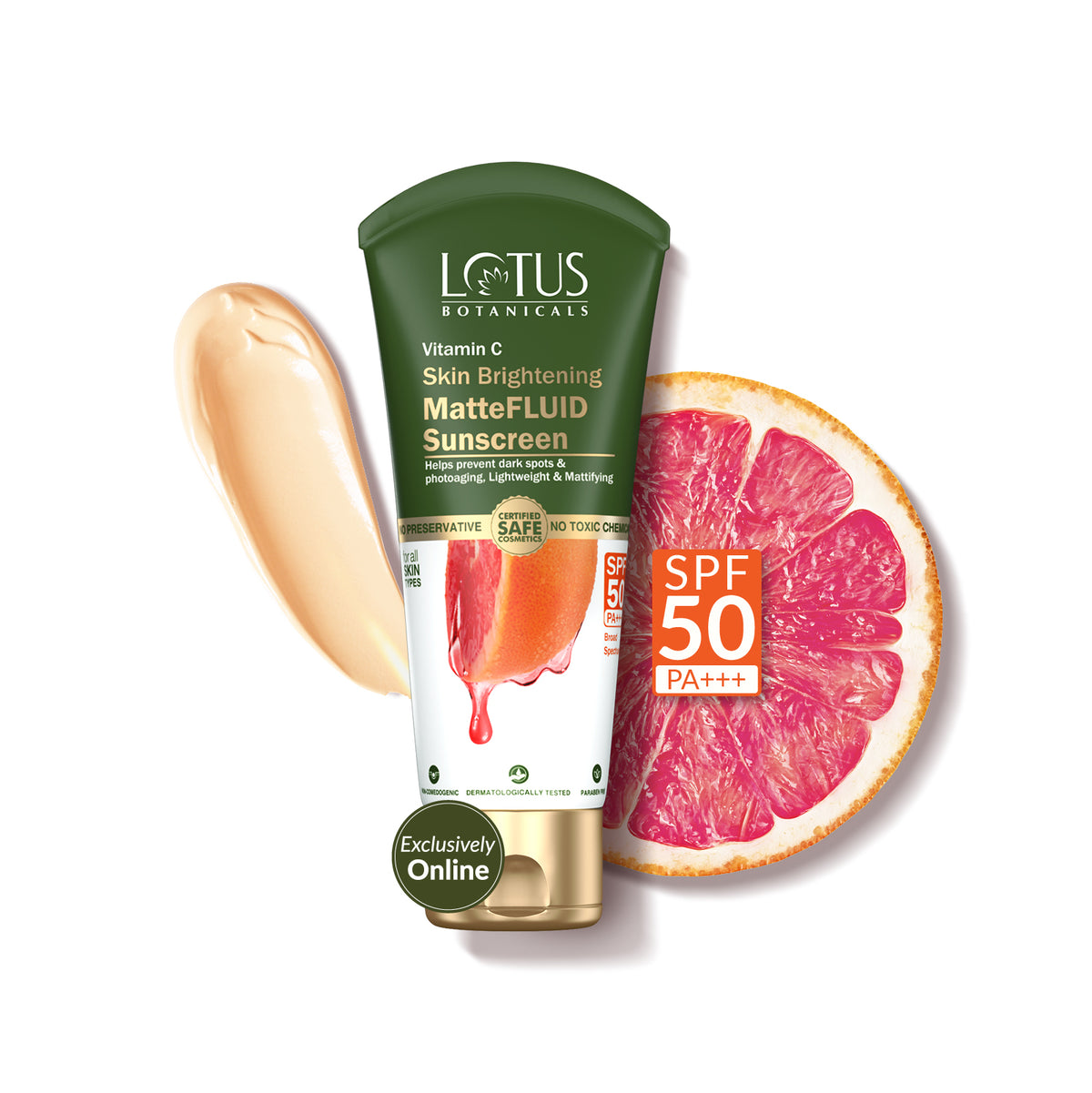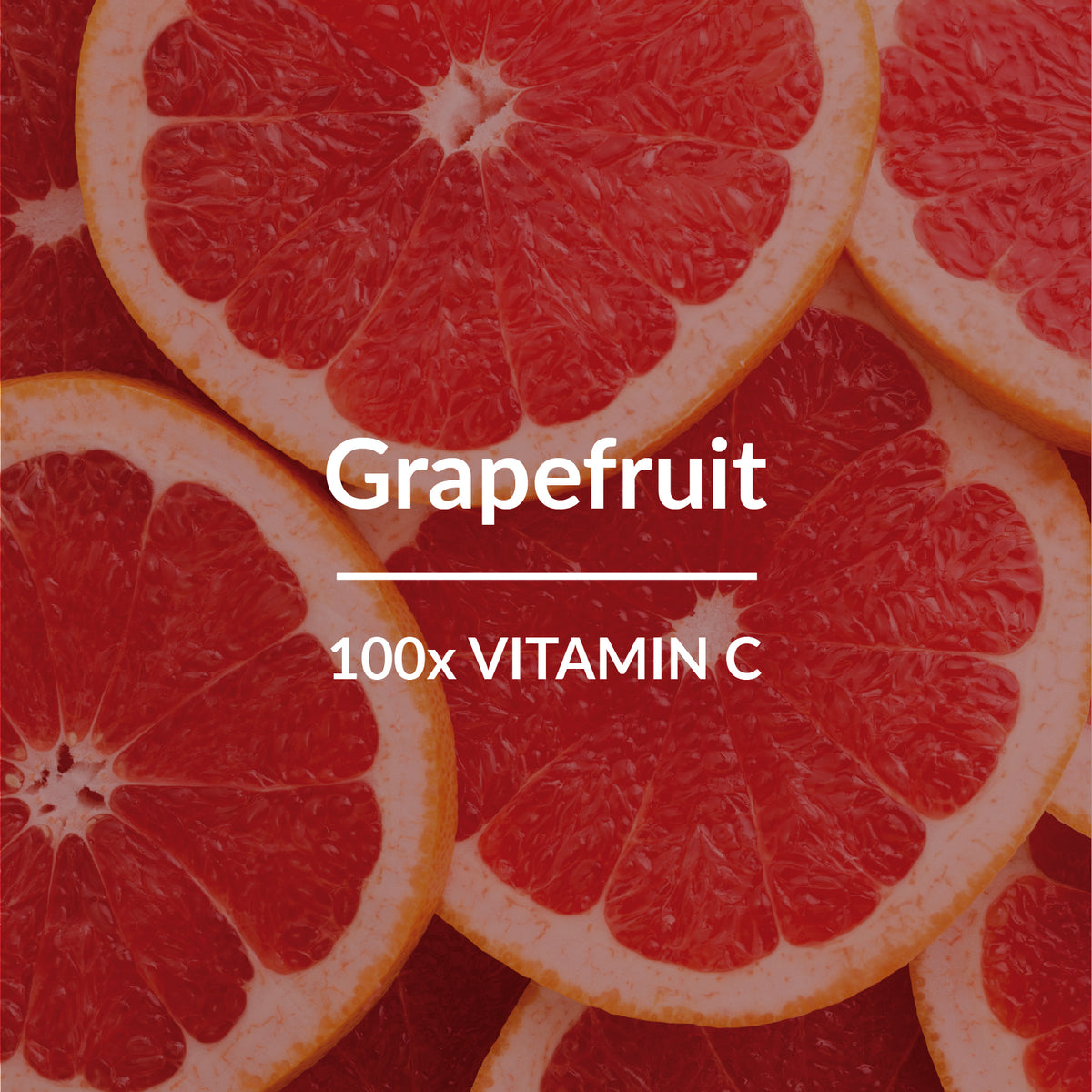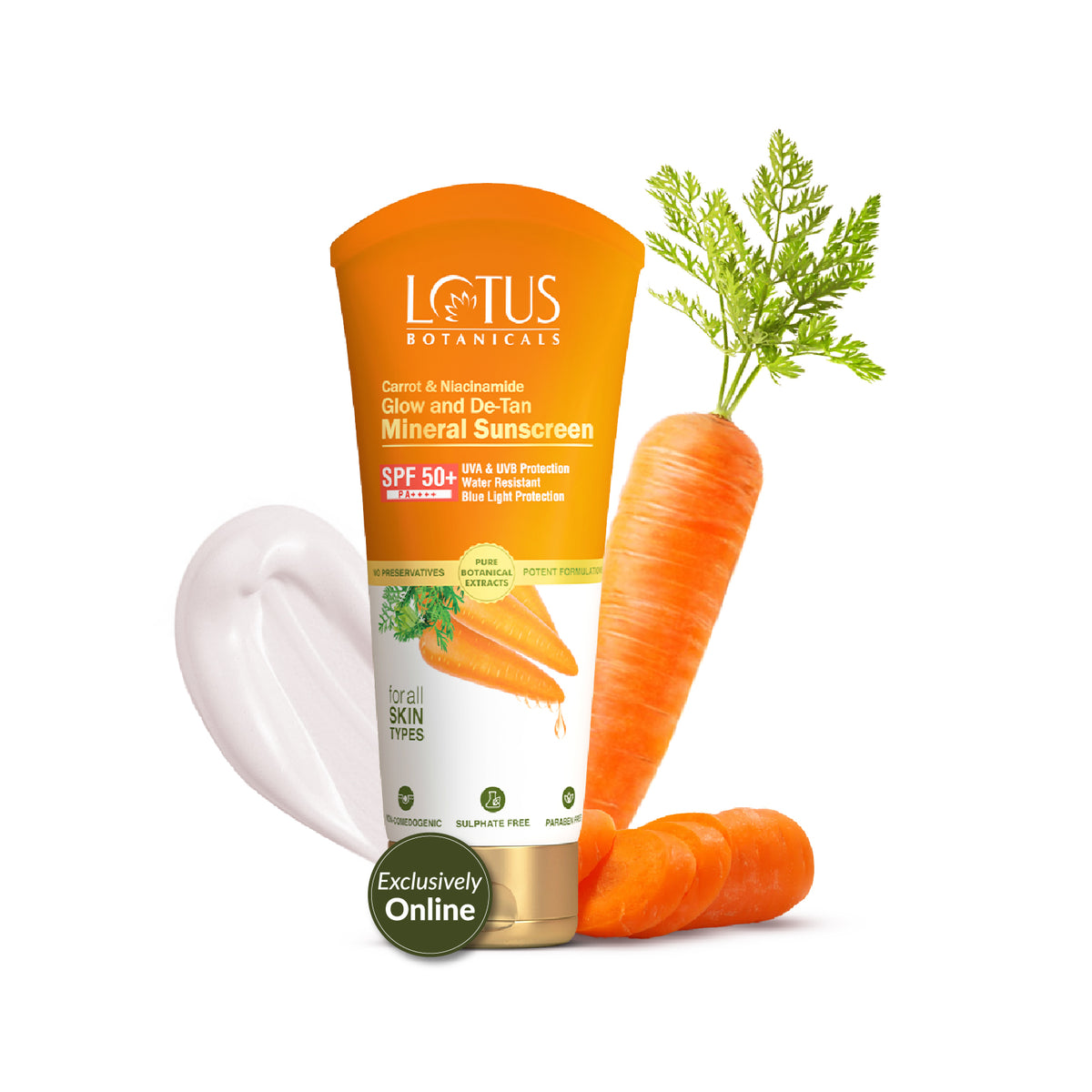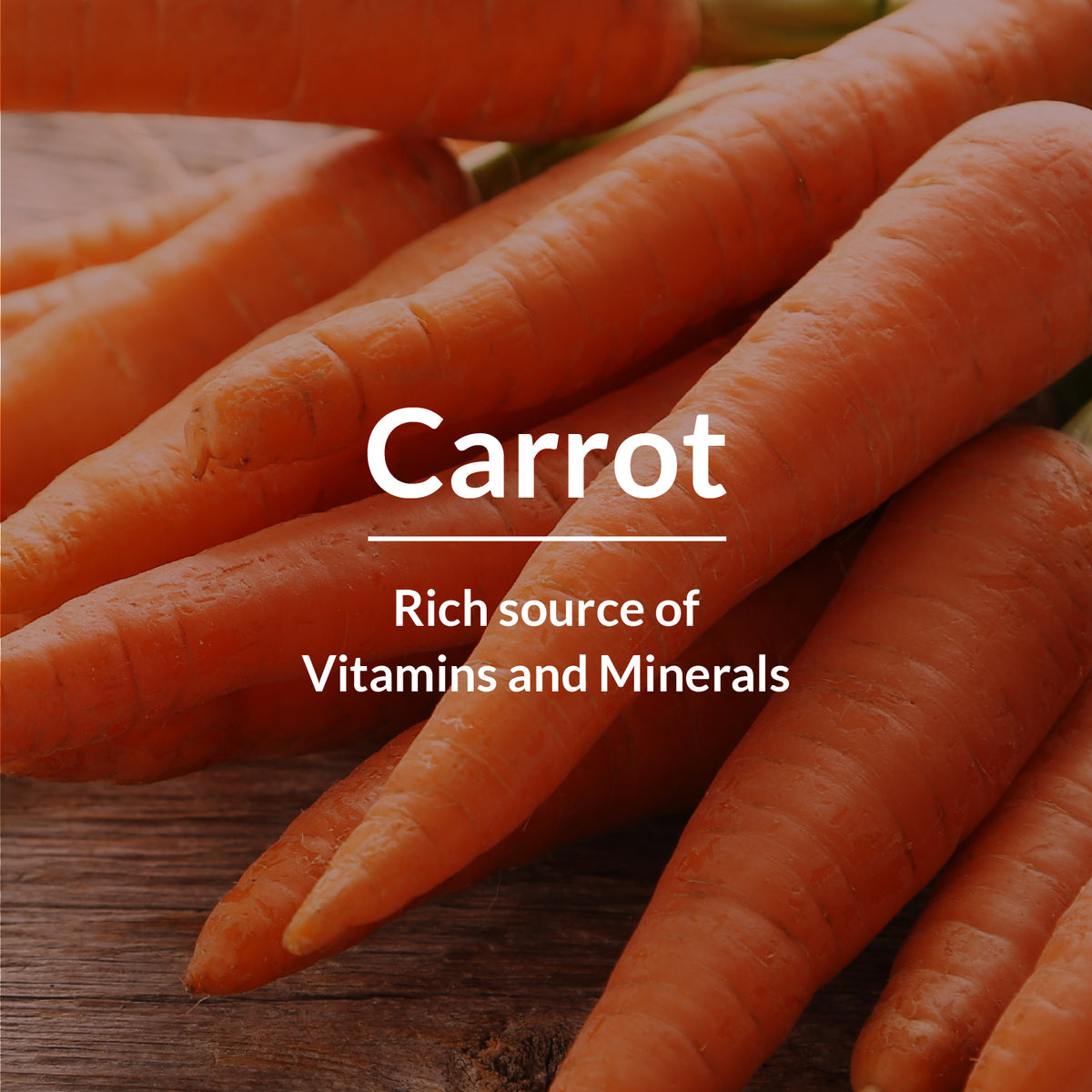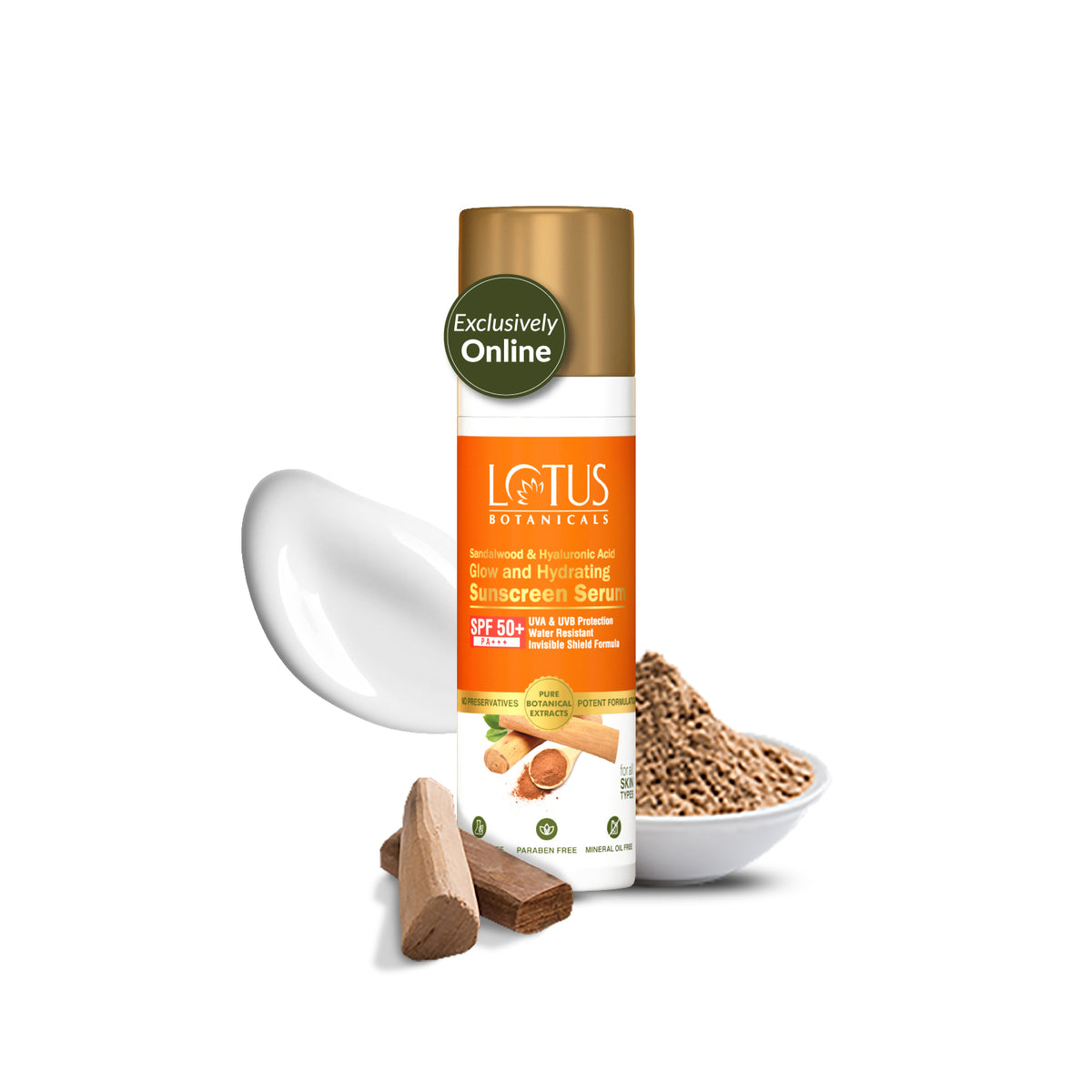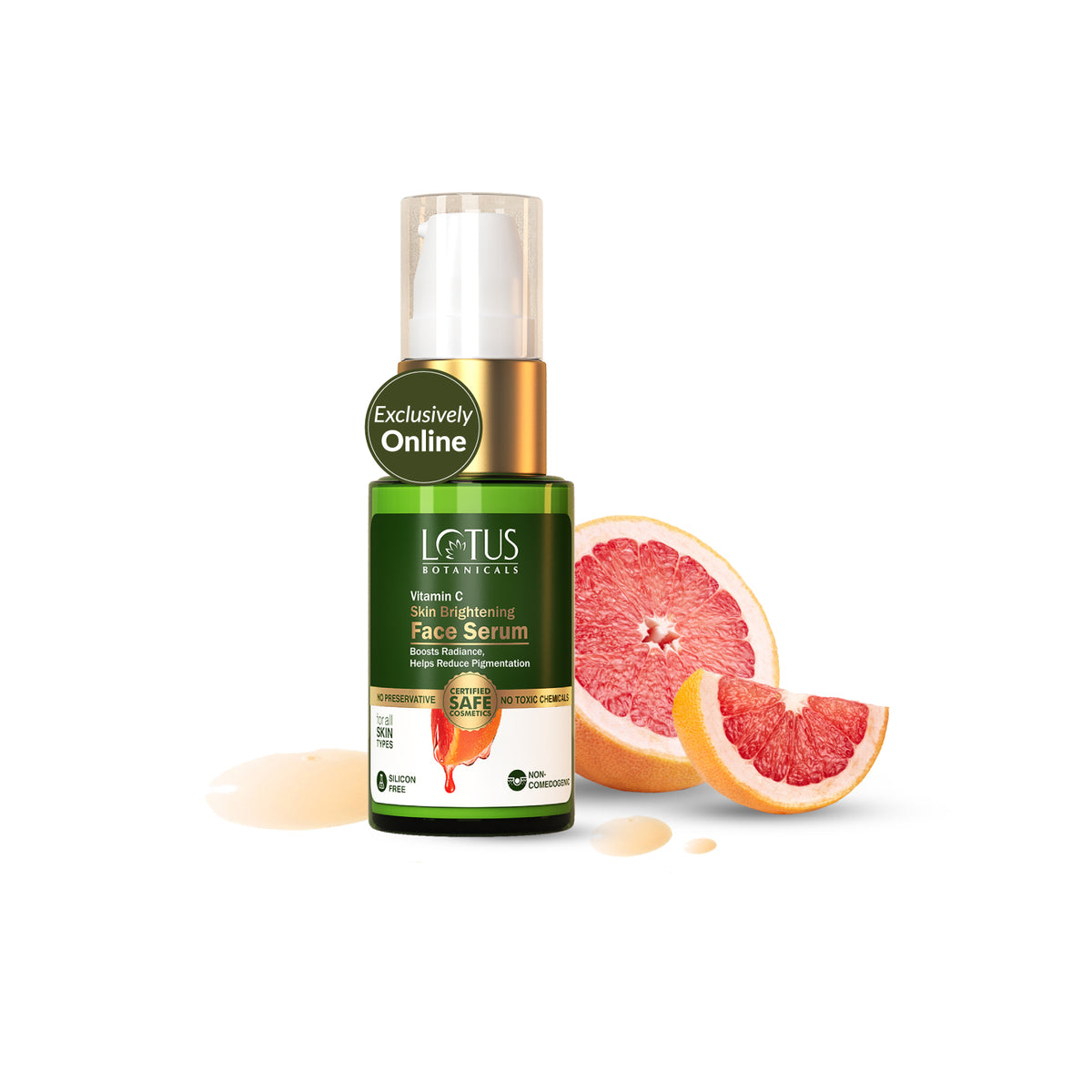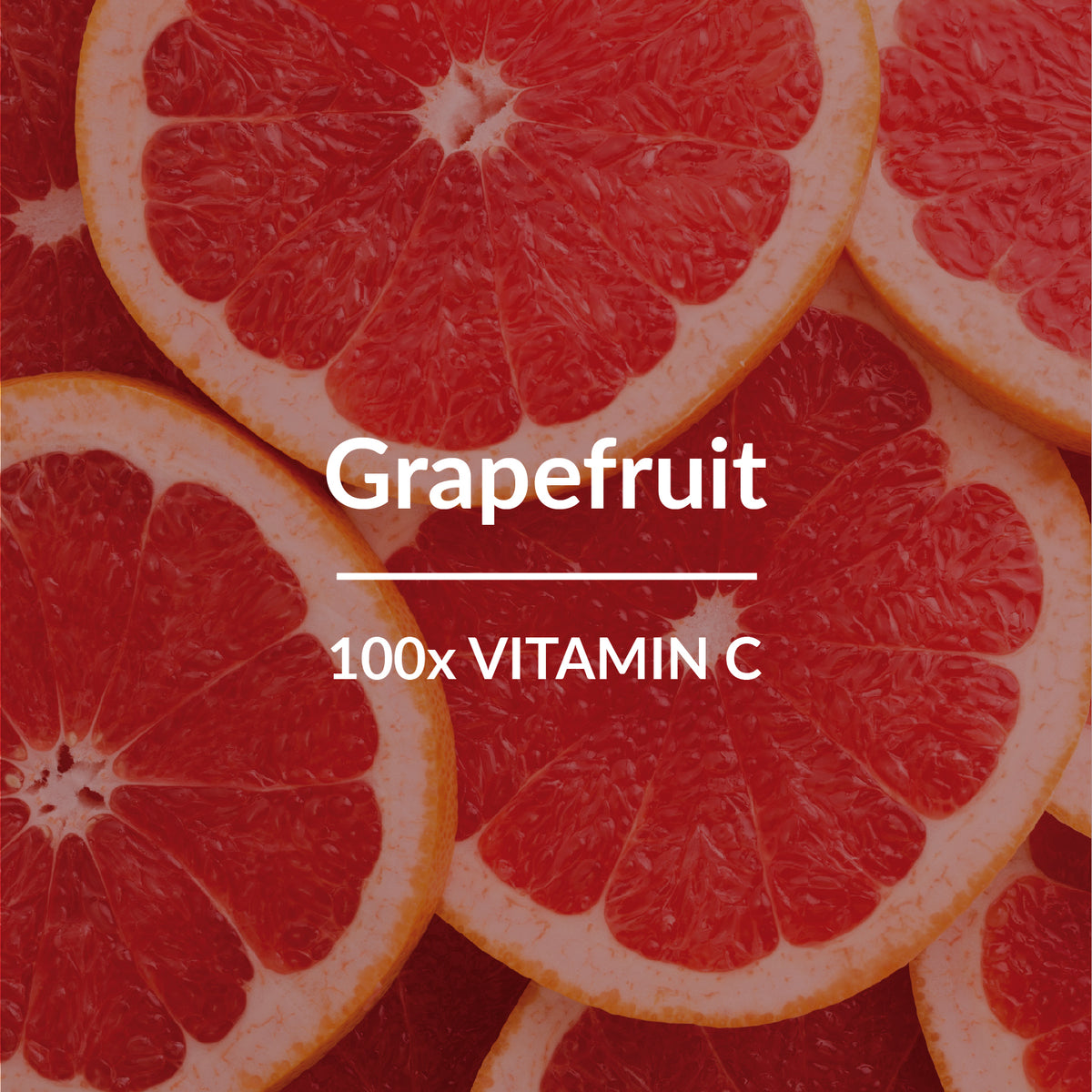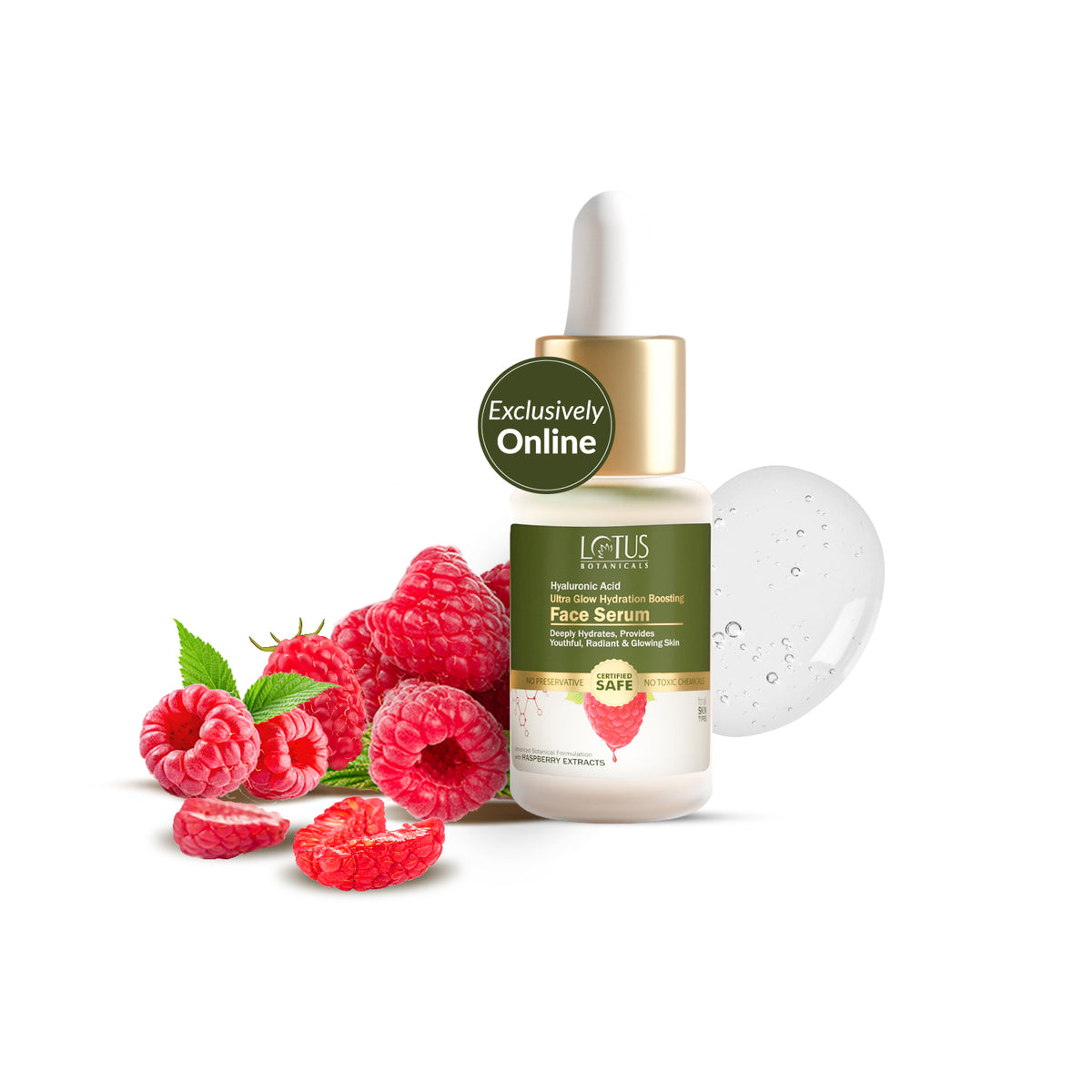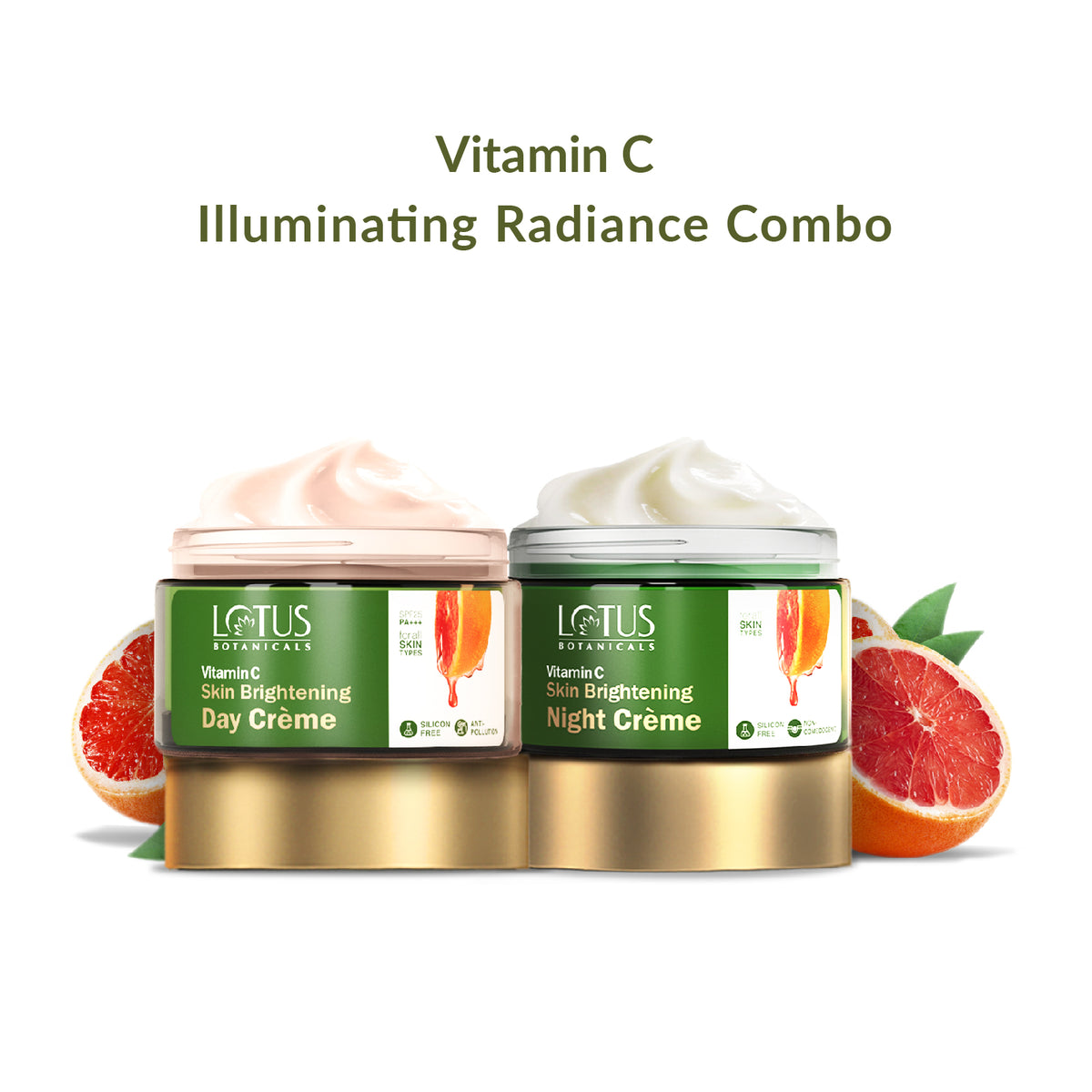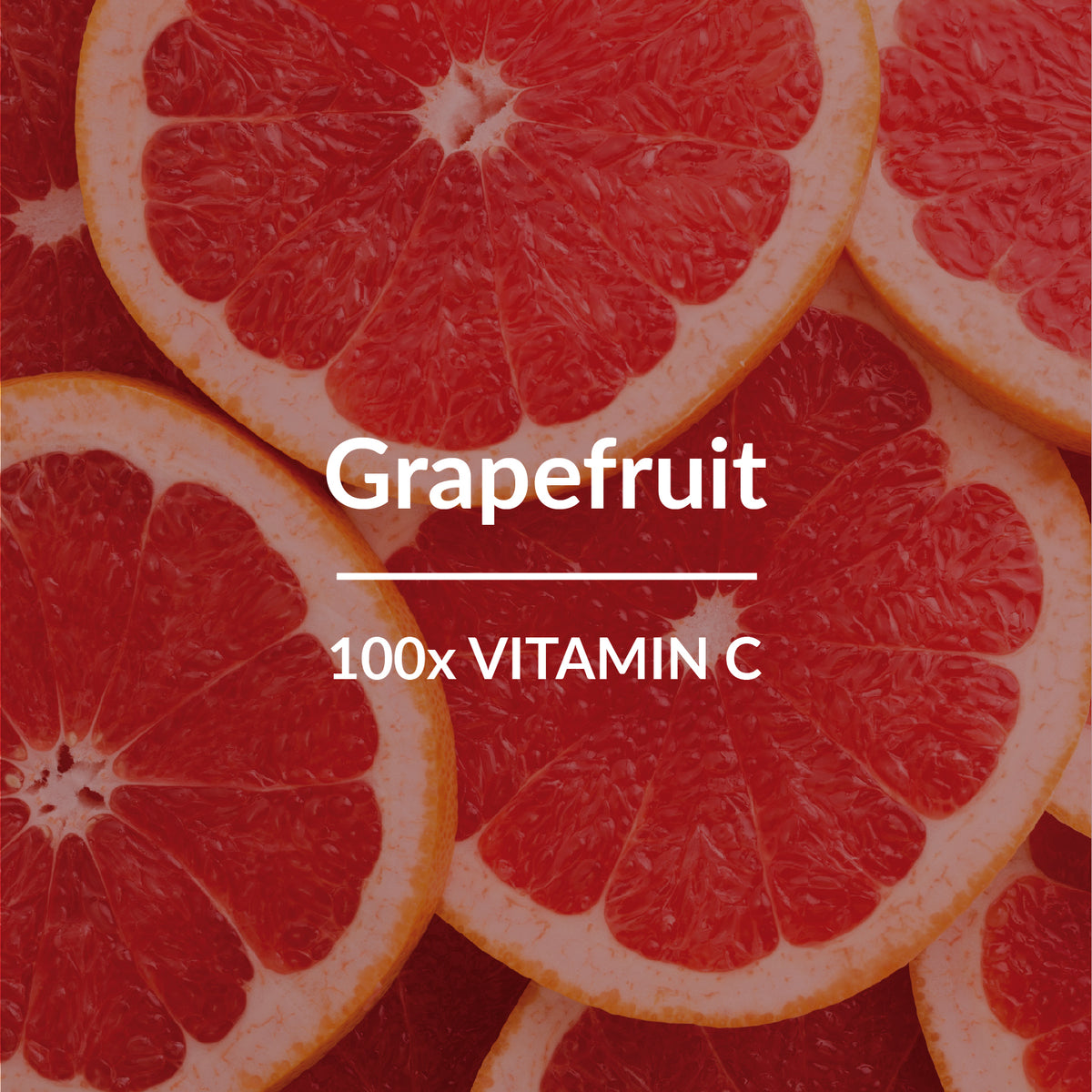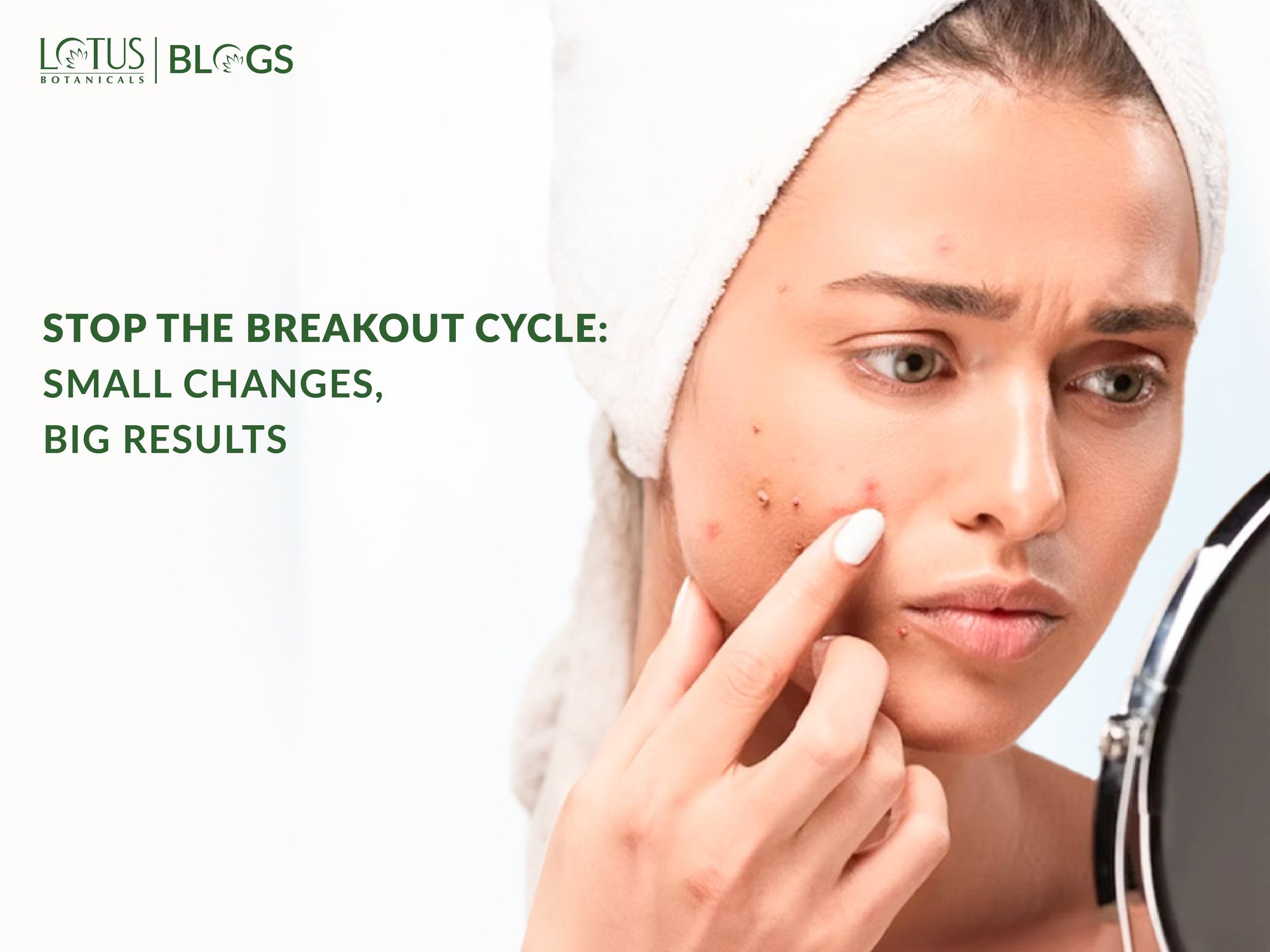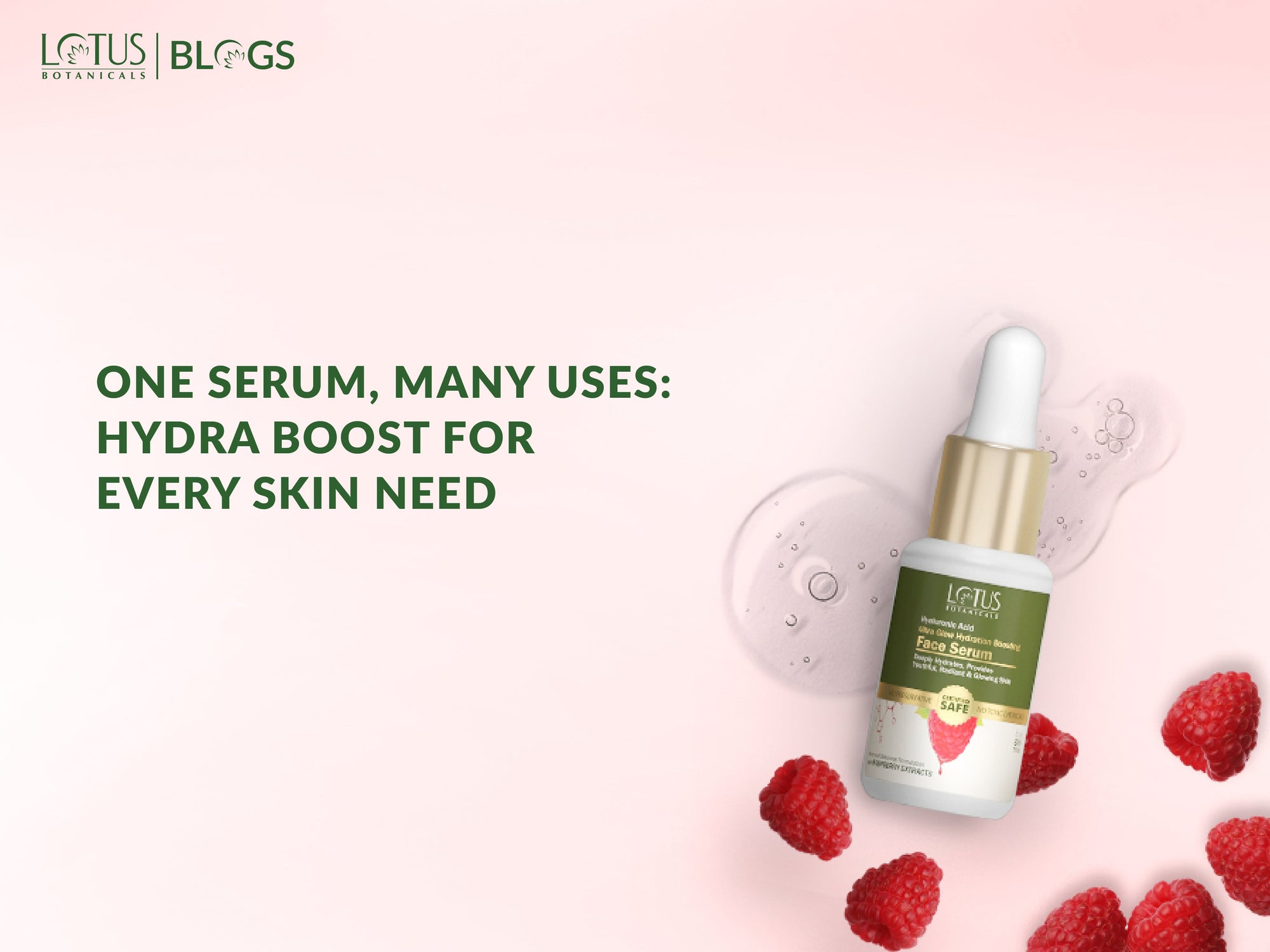
Highlights
-
Understanding the Desert Environment
-
Pre-Trip Skincare Preparation
-
On-Trip Skincare Tips
Sunscreen 101: Everything You Need to Know About Protecting Your Skin from UV Rays
It's natural to reminisce about our parents urging us to apply sunscreen when the sun shines or during the warmer seasons. Little did they know that they were advocating for clean skincare. As we reflect on those childhood memories, it becomes evident that their advice was spot on. Sunscreen is not only essential for protecting our bodies, but it also aligns with the principles of clean skincare that we prioritize today.
Protecting your skin against UV rays is crucial to maintaining its health and preventing long-term damage. Sunscreen is the best way to shield your face from UV rays. In this article, we'll explain everything about sunscreen and why it's so vital for skin protection.

What is UV Radiation?
UV radiation is a type of electromagnetic energy that falls between X-rays and visible light on the electromagnetic spectrum. While it is invisible to the human eye, UV radiation is present in sunlight and can have both beneficial and harmful effects on living organisms.
UV radiation is categorized into three types based on their wavelength: UVA, UVB, and UVC.
UVA
UVA rays have the longest wavelength among the three types of UV rays. They are less intense than UVB and UVC rays but are the most common type reaching the Earth's surface. UVA rays can penetrate the deeper layers of the skin and are responsible for skin aging and wrinkling. They can also contribute to skin cancer development, including melanoma.
UVB
UVB rays have a medium wavelength and are more intense than UVA rays. They do not penetrate the skin as deeply as UVA rays but are the primary cause of sunburns. UVB rays are a major cause of basal cell carcinoma, squamous cell carcinoma, and melanoma, which are all types of skin cancer. They also help the skin make vitamin D.UVC
UVC rays have the shortest wavelength and are the most energetic type of UV rays. Fortunately, the Earth's atmosphere blocks almost all UVC rays, so they are not a significant concern for human health. However, UVC rays can be artificially generated for various purposes, such as in germicidal lamps used to kill bacteria and viruses in air and water purification systems.
What is sunscreen?
Sunscreen is a crucial component of a comprehensive sun protection skincare routine for both the face and body. The intense impact of the sun's rays can lead to long-term skin conditions and diseases if not adequately protected with a sunscreen containing an appropriate Sun Protection Factor (SPF).
Vitamin C Skin Brightening MatteFLUID Sunscreen | SPF 50 | PA+++
Unique MatteFLUID Texture | 100x Vitamin C | Dermatologically Tested

Consistent use of sunscreen lowers the risk of skin cancer and precancerous conditions by a lot. It also protects the skin from showing signs of aging too soon.
Sunscreen comes in two forms, chemical and physical. Chemical sunscreens have organic substances in them that absorb UV rays and turn them into heat, which the skin then gives off.
However, physical sunscreens use mineral compounds like zinc oxide or titanium dioxide to build a protective coating on the skin's surface that reflects and scatters UV radiation. So, is physical sunscreen better than chemical sunscreen?
Physical sunscreen does have its advantages, and many people prefer it for various reasons. Here are the key points in favor of physical sunscreen:
- Physical sunscreen reflects sun rays away from your skin.
- Physical sunscreen is chemical-free and non-toxic.
- Physical sunscreen does not directly lead to skin cancers, inflammation, and irritation.
- Physical sunscreen provides instant protection from the sun.
- Physical sunscreen is reef-safe.
Broad-spectrum Protection and its Significance
Sunscreens that cover a wide range of wavelengths protect against both UVA and UVB rays. UVA rays reach deeper into the skin than UVB rays and can cause skin cancer, wrinkles, and early aging. UVB rays primarily cause sunburn.
Choosing a broad-spectrum sunscreen ensures that you are shielded from both types of damaging UV rays. Look for sunscreens labeled as "broad-spectrum" to ensure comprehensive sun protection for your skin.
Factors to Consider When Selecting Sunscreen
To simplify the process of choosing the right sunscreen, dermatologists recommend these key tips to consider amidst the wide array of products available, from mineral and chemical sunscreens to ultra-sheer sprays and sticks. Here are some key factors to consider when selecting a sunscreen:
Broad-spectrum Protection
Look for a sunscreen that protects against both UVA and UVB rays. This is what is meant by "broad-spectrum protection." UVA rays contribute to premature aging and skin damage, while UVB rays are the primary cause of sunburn. Both types of rays can increase the risk of skin cancer.
Also, It's important to look for broad-spectrum protection, safeguarding against both UVA and UVB rays. Some sunscreens, like LotusBotanicals' "Vitamin C Skin Brightening MatteFLUID Sunscreen," go a step further by incorporating vitamin C into their formula. Vitamin C can brighten the skin and protect it from free radicals.
This sunscreen provides broad-spectrum UV protection and skin-brightening vitamin C.
Sun Protection Factor (SPF)
The Sun Protection Factor (SPF) is a numerical rating that indicates the level of protection a sunscreen provides against UVB rays. SPF 30 is the minimum recommended level, offering moderate protection. However, if you spend more time outdoors or have fair or sensitive skin, a higher SPF, such as SPF 50 or above, is advisable for better protection.
As far as the product is concerned, the lotusbotanicals "Carrot & Niacinamide Glow And De-Tan Mineral Sunscreen | SPF 50+ | PA++++" appears to have a high SPF rating of 50+. This means it provides a strong level of protection against UVB rays, which helps prevent sunburn.
The "PA++++" rating also suggests it offers significant protection against UVA rays, which contribute to premature aging and skin damage.
Water Resistance
Suppose if you plan on swimming or sweating, choose a sunscreen labeled as "water-resistant" or "very water-resistant." These formulations are designed to adhere better to the skin during activities involving water or heavy perspiration.
However, it's important to note that even water-resistant sunscreens need to be reapplied after a certain period (usually every 40 to 80 minutes) to maintain their effectiveness, as they can wash off or rub off with towel drying or excessive sweating.
Skin Type
When considering your skin type, choose a sunscreen that addresses your specific needs. For sensitive skin, opt for sunscreens labeled as "gentle" or "for sensitive skin." If you have oily or acne-prone skin, select a lightweight, non-comedogenic formula that won't clog your pores. Other skin types to consider are:
- Dry skin: Look for sunscreens with hydrating ingredients like glycerin or hyaluronic acid.
- Normal skin: Most sunscreens are suitable for normal skin types.
- Combination skin: Choose oil-free or gel-based sunscreens that won't exacerbate oiliness.
- Mature skin: Consider sunscreens with anti-aging properties, such as antioxidants or peptides.
Understanding your skin type will help you find a sunscreen that not only provides sun protection but also addresses your unique skin concerns.
Ingredients
When choosing sunscreen, look for key ingredients like zinc oxide or titanium dioxide, which act as physical blockers, reflecting and scattering UV rays. These ingredients provide immediate protection. Chemical sunscreens, which work by absorbing UV rays, may contain ingredients like avobenzone, octinoxate, or oxybenzone.
Some individuals may have sensitivities to certain chemical filters, so it's important to check the ingredients list for potential allergens.
Additionally, some sunscreens may include beneficial skincare ingredients like hyaluronic acid, salicylic acid, and niacinamide, which can provide moisturizing, exfoliating, and skin-soothing benefits, respectively. These added ingredients can be beneficial for your skin's overall health and appearance.
Personal Preference
While the effectiveness of sunscreen is crucial, it's equally important to find a product that you enjoy using and feel comfortable with. Personal preferences vary from person to person, and finding a sunscreen that aligns with your preferences can help ensure its regular and consistent application.
- Texture: Consider whether you prefer a lotion, gel, cream, or spray sunscreen. Lotions and creams tend to be more moisturizing, while gels and sprays may feel lighter on the skin.
- Scent: Some sunscreens have a distinct scent, which can be off-putting to some individuals. If you're sensitive to fragrances, look for unscented or fragrance-free options.
- Feel on the skin: Pay attention to how the sunscreen feels on your skin. Some may leave a greasy or sticky residue, while others may have a more matte or lightweight finish. Find a formula that suits your skin type and preference.
Personal preferences might help you pick a sunscreen you'll use consistently and appropriately. Remember, consistent application is key to obtaining the full benefits of sunscreen and protecting your skin from harmful UV radiation.
Sunscreen Myths and Misconceptions
Contrary to popular belief, sunscreen with SPF 100 does not provide triple the protection of SPF 30. SPF 30 blocks 97% of the sun's rays, while higher SPFs offer only a 1-2% increase. No sunscreen can provide 100% protection. SPF does not affect how long sunscreen lasts; it remains effective for about two hours regardless of the SPF level. Higher SPFs are costlier but offer minimal additional protection. Let’s debunk some other common myths.
Myth 1: Sunscreen is only necessary on sunny days.
Fact: UV rays can penetrate clouds and cause skin damage even on overcast days. It is crucial to wear sunscreen every day, regardless of the weather.
Myth 2: Applying a high SPF sunscreen means I can stay out in the sun longer.
Fact: Sun Protection Factor (SPF) measures the level of protection against UVB rays, which cause sunburn. However, it does not directly indicate the length of time you can stay in the sun. No sunscreen offers 100% protection, so it's essential to reapply regularly and take other sun protection measures.
Myth 3: Sunscreen usage leads to vitamin D deficiency.
Fact: While sunscreen can reduce the skin's ability to produce vitamin D, it does not typically cause deficiency. The body can obtain vitamin D from other sources like diet and supplements. Additionally, brief sun exposure (around 10-15 minutes) without sunscreen can help maintain adequate vitamin D levels.
Myth 4: Sunscreen is only needed on exposed skin.
Fact: UV rays can penetrate through clothing, especially if it's thin or loosely woven. Applying sunscreen on all exposed skin areas, including the face, neck, hands, and any other body parts not covered by clothing, is crucial for comprehensive protection.
Myth 5: All sunscreens are the same.
Fact: Sunscreens come in various forms, such as lotions, creams, gels, sprays, and sticks. They can also have different ingredients and offer varying levels of protection. Look for a broad-spectrum sunscreen that protects against both UVA and UVB rays, with an SPF of 30 or higher, and follow the application instructions.
Myth 6: Once applied, sunscreen stays effective all day.
Fact: Sunscreen wears off over time due to sweating, swimming, wiping with a towel, or natural skin shedding. It's important to reapply sunscreen every two hours, or more frequently if you're swimming or sweating heavily.
Myth 7: Sunscreen is not necessary for people with darker skin tones.
Fact: Although individuals with darker skin have more natural protection against the sun due to higher melanin levels, they are still at risk of skin damage and skin cancer from UV exposure. Sunscreen is recommended for everyone, regardless of skin tone.
Myth 8: Chemical sunscreens are unsafe.
Fact: Chemical sunscreens contain organic compounds that absorb UV radiation and convert it into heat energy. The safety of these ingredients has been extensively studied and approved by regulatory bodies worldwide, such as the FDA. If you have concerns, you can opt for mineral-based sunscreens that use physical blockers like zinc oxide or titanium dioxide.
Carrot & Niacinamide Glow and De-Tan Mineral Sunscreen | SPF 50+ | PA++++
Highest UV Protection with PA++++| High Performance Mineral Filters
Sandalwood & Hyaluronic Acid Glow and Hydrating Sunscreen Serum | SPF50+ | PA+++
Ultra High Sun Protection | Unique Sunscreen Serum Formula

Tips for Sunscreen Success
To ensure sunscreen success and effective sun protection, consider the following tips:
- Developing a sunscreen routine: Establishing a consistent sunscreen routine is crucial for effective sun protection. Make it a habit to apply sunscreen daily, even on cloudy days, and reapply every two hours or after swimming or sweating.
- Staying vigilant about sun protection year-round: Sun protection is not limited to summer or sunny days. UV rays can still harm your skin on cloudy or winter days. Therefore, make sunscreen a year-round practice to maintain consistent protection.
- Checking expiration dates and storage guidelines: Sunscreen effectiveness diminishes over time, so it's important to check the expiration date before use. Additionally, store sunscreen in a cool, dry place, as exposure to extreme temperatures can degrade its efficacy.
- Seeking professional advice when necessary: Consult a dermatologist or healthcare professional for sunscreen and sun protection advice if you have sensitive skin or a history of skin cancer.
Remember, sunscreen is just one part of a comprehensive sun protection routine. Combining it with other measures like seeking shade, wearing protective clothing, and using sunglasses will provide optimal defense against harmful UV rays. By following these tips, you can ensure sunscreen success and safeguard your skin from sun damage.
Vitamin C Skin Brightening MatteFLUID Sunscreen | SPF 50 | PA+++
Unique MatteFLUID Texture | 100x Vitamin C | Dermatologically Tested
Final Words
Understanding the importance of protecting our skin from harmful UV rays is crucial for maintaining skin health. Sunscreen plays a vital role in our sun protection regimen, with its ability to shield us from both UVA and UVB rays. By choosing the right sunscreen and applying it properly, we can significantly reduce the risk of sun damage and its long-term consequences. It is essential to dispel myths and misconceptions surrounding sunscreen, while also considering other sun protection measures like seeking shade and wearing protective clothing. By prioritizing sun safety and incorporating sunscreen into our daily routines, we can enjoy the sun responsibly while keeping our skin healthy and protected.
Highlights
-
Understanding the Desert Environment
-
Pre-Trip Skincare Preparation
-
On-Trip Skincare Tips
Related Products
Vitamin C Skin Brightening MatteFLUID Sunscreen | SPF 50 | PA+++
Unique MatteFLUID Texture | 100x Vitamin C | Dermatologically Tested
Carrot & Niacinamide Glow and De-Tan Mineral Sunscreen | SPF 50+ | PA++++
Highest UV Protection with PA++++| High Performance Mineral Filters
Sandalwood & Hyaluronic Acid Glow and Hydrating Sunscreen Serum | SPF50+ | PA+++
Ultra High Sun Protection | Unique Sunscreen Serum Formula
Vitamin C Skin Brightening MatteFLUID Sunscreen | SPF 50 | PA+++
Unique MatteFLUID Texture | 100x Vitamin C | Dermatologically Tested
Vitamin C Skin Brightening Face Serum
Deeply Hydrates Skin | 100x Vitamin C | Reduces Pigmentation
Raspberry & Hyaluronic Acid Ultra Glow Hydration Boosting Face Serum
Deeply Mositurises Skin | Rich in Antioxidants | Promotes even skin Tone | Brightens Skin







